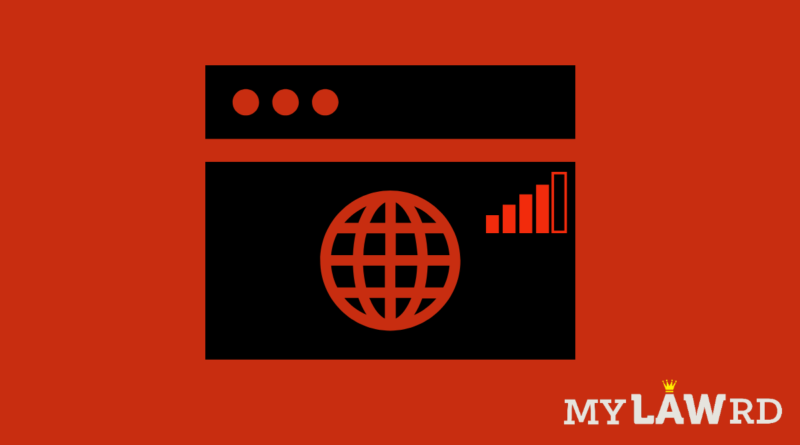India ranks 49th on the Internet Inclusion Index: Study
Against the backdrop of the coronavirus pandemic, Facebook – The Economist Intelligence Unit have assessed 120 countries on the ability of their citizens to use the Internet for personal and social purposes. The report ranks India at 49th spot on the internet inclusion index. On different parameters, India ranks 77th (availability), 20th (affordability), 49th (relevance), and 29th (readiness).
Key Findings of the Report
At a global level, availability saw the biggest increase overall, boosted mostly by improvements in broadband quality. While readiness also improved, the trust deficit in many countries, in particular distrust in government websites and apps, grew exponentially. Relevance also witnessed a decline. The report suggests that survey respondents value online information about personal finances and health and fitness lesser.
“The decline suggests that the heightened expectations of users for timely, relevant, and trustworthy information are not necessarily being met by the content available to them.”
The report finds that the pandemic may have widened the divide between on- and offline populations.
“The cost of being offline now carries far-reaching consequences, from longer waits for coronavirus vaccines to lost income from being unable to work. These divides exist even in rich countries.”. Even survey respondents acknowledged the problem.
As per the report, the global gender gap in Internet access has shrunk by 4 percentage points since 2016. However, men are still 14% more likely than women to have access to the Internet. This gender gap is also related to affordability, and the gap tends to get bigger where data costs are higher.
Interestingly, people in low-income and lower-middle-income countries relied on online education during the pandemic, more so than those in richer countries.
“India’s glaring underperformance in the availability pillar is, in large part, the reason for its placement, and this weak performance is owed to low internet usage and quality and widening gender gap in mobile phone and internet access in the country”, Facebook said in the ‘Inclusive Internet Index’ report.
You can read an executive summary of the report here.
Do subscribe to our Telegram channel for more resources and discussions on technology law and news. To receive weekly updates, and a massive monthly roundup, don’t forget to subscribe to our Newsletter.
You can also follow us on Instagram, Facebook, LinkedIn, and Twitter for frequent updates and news flashes about #technologylaw.

